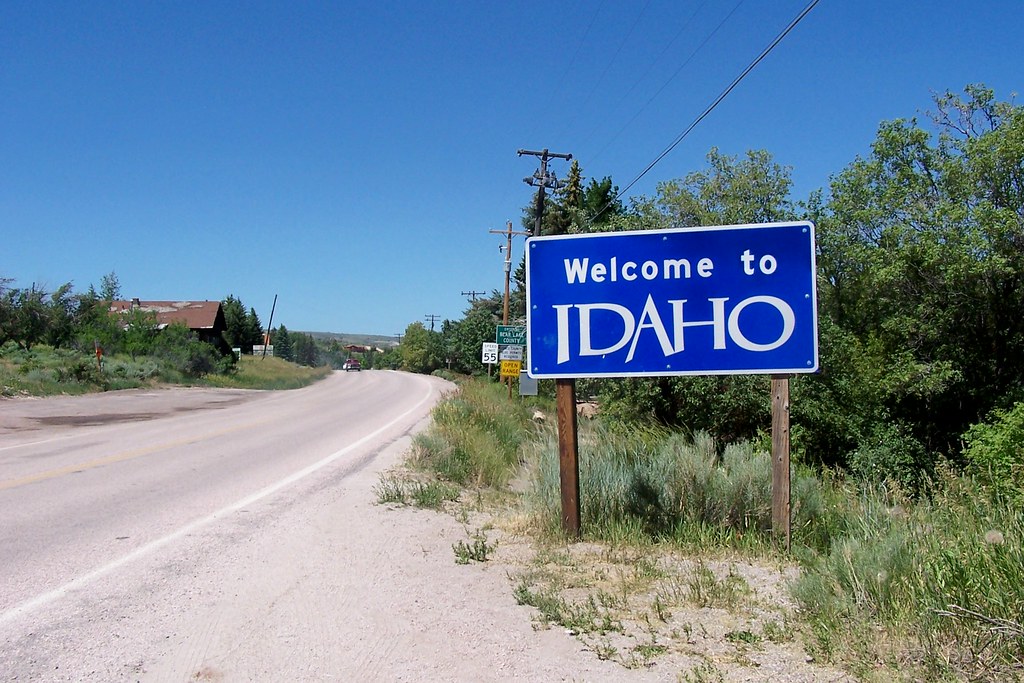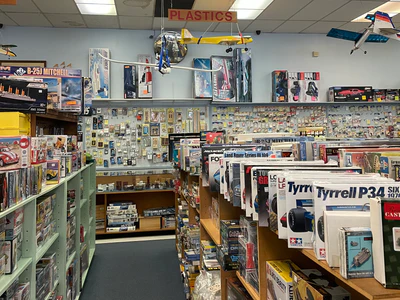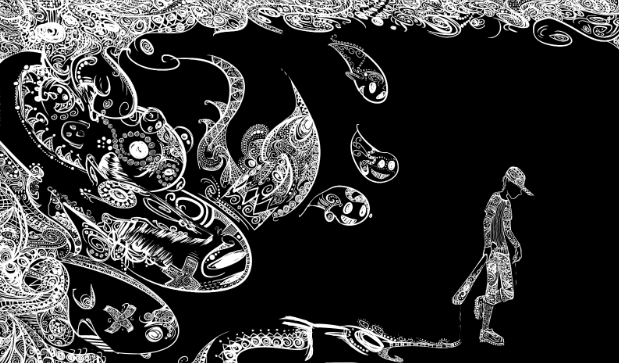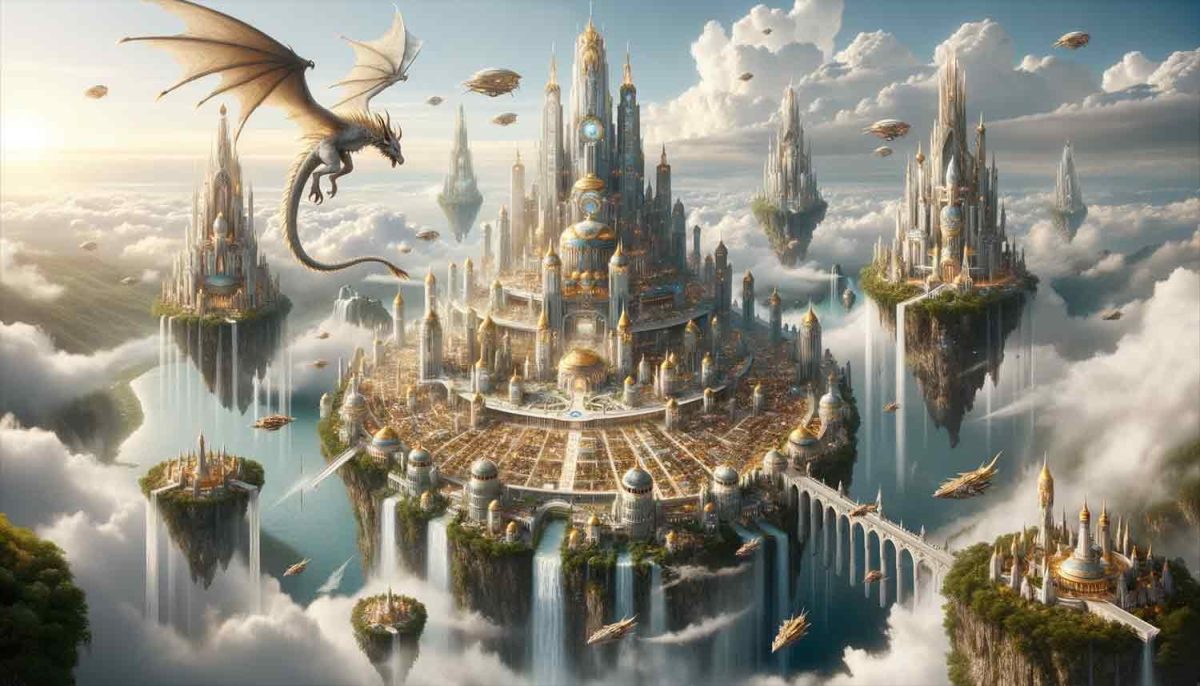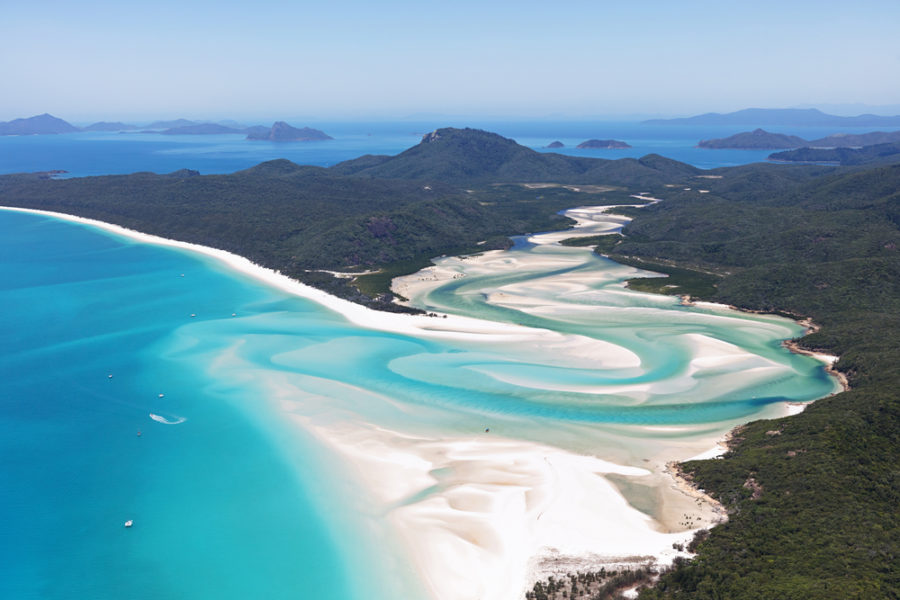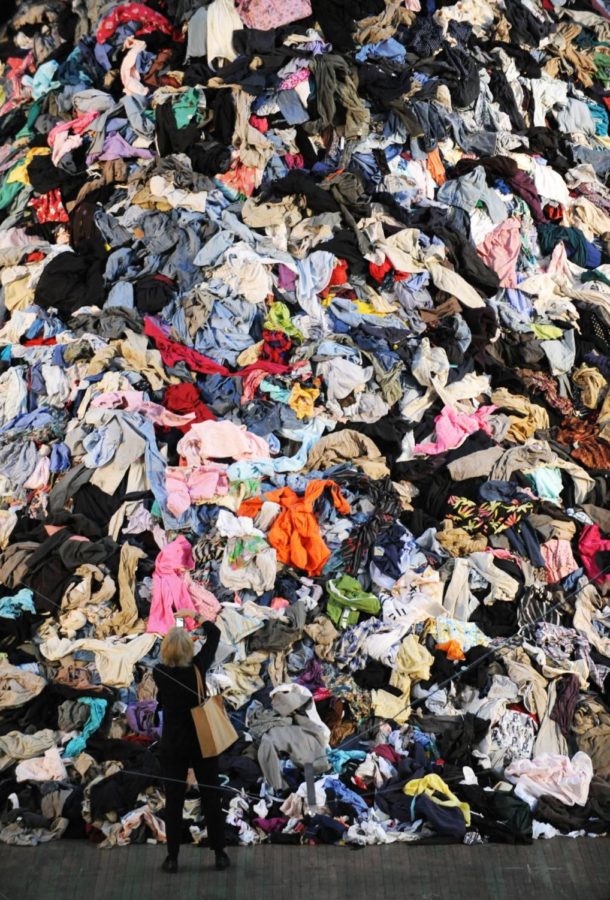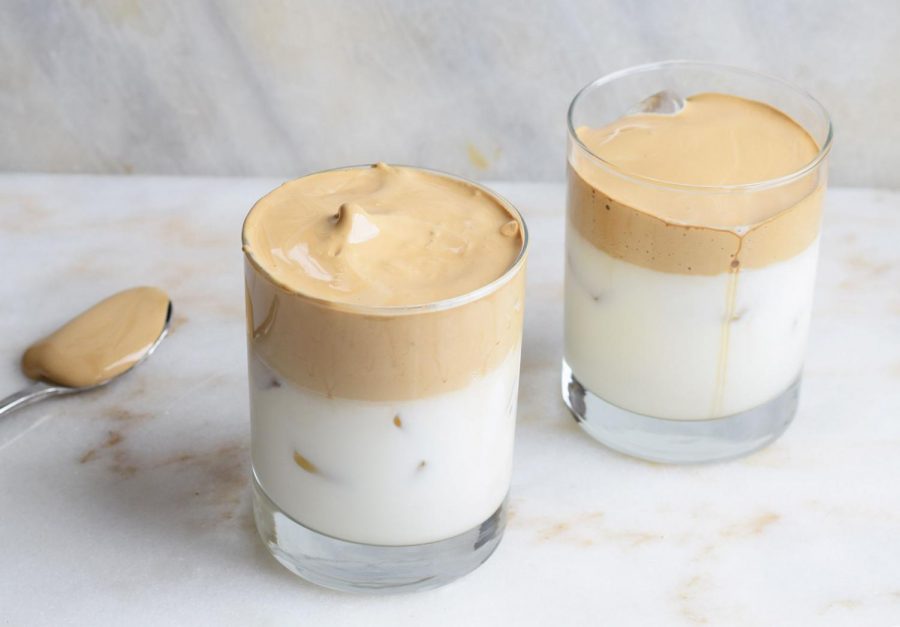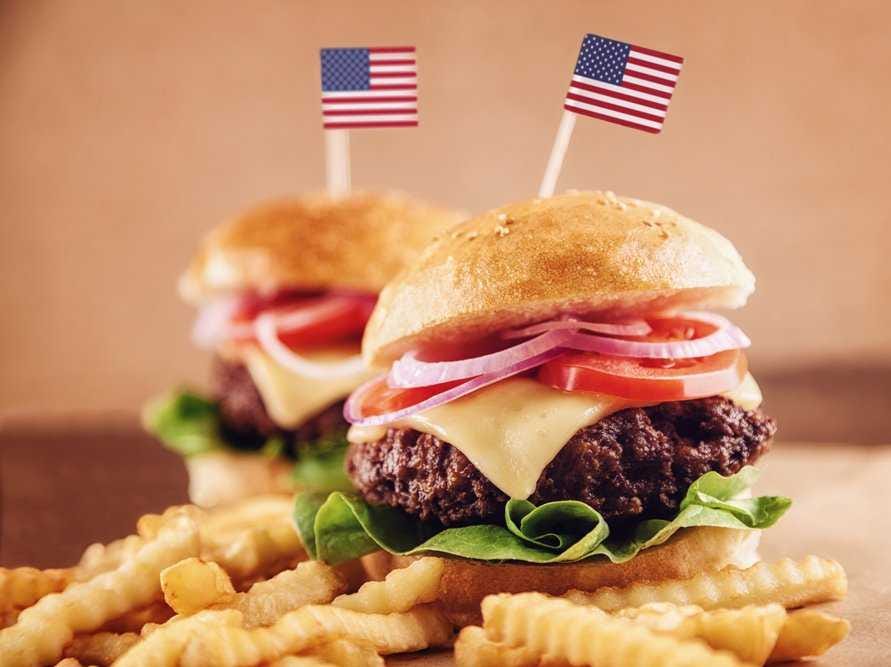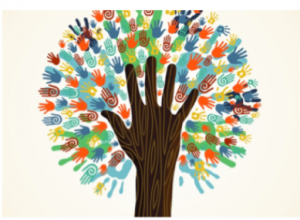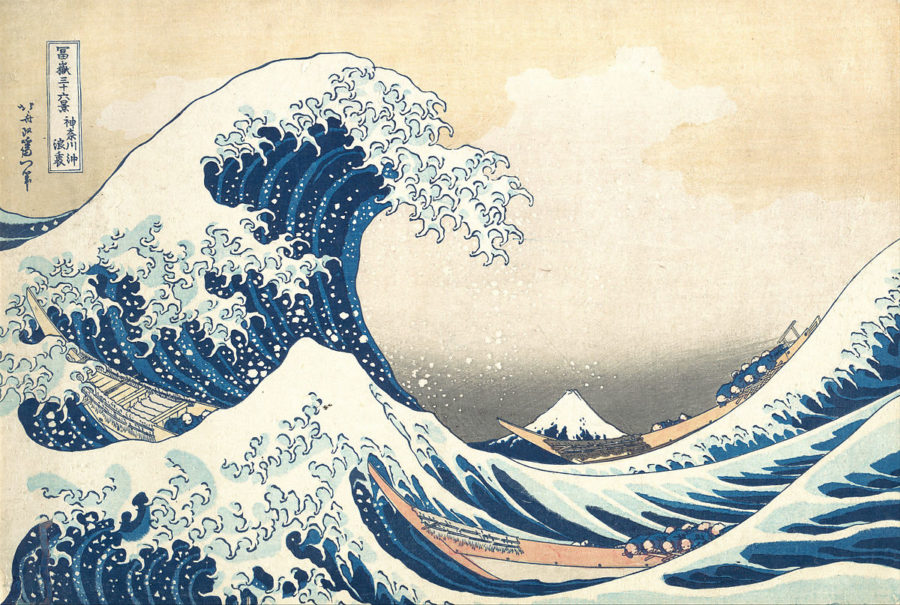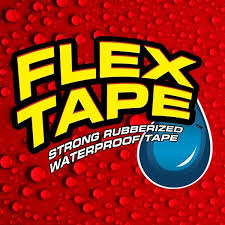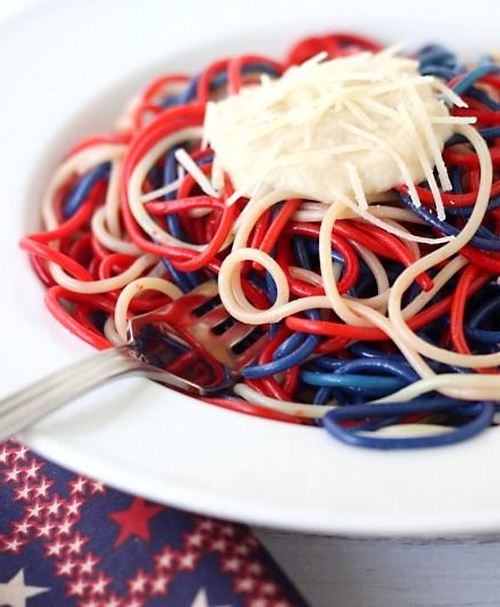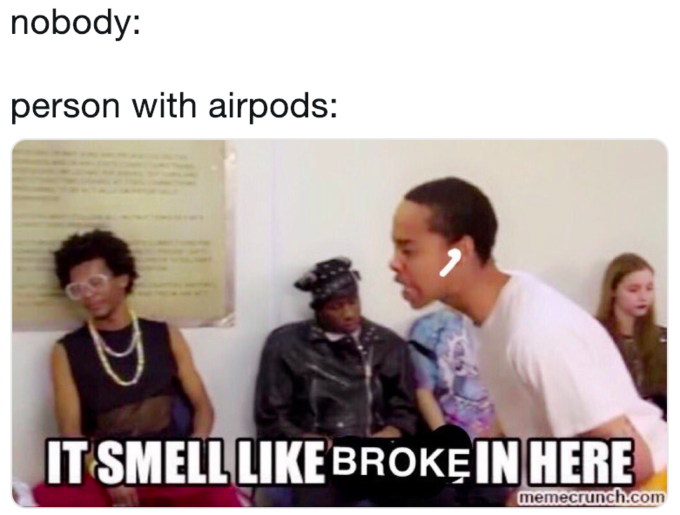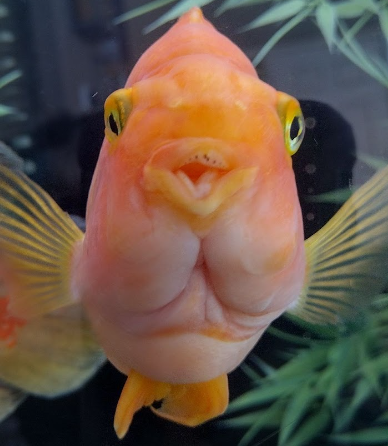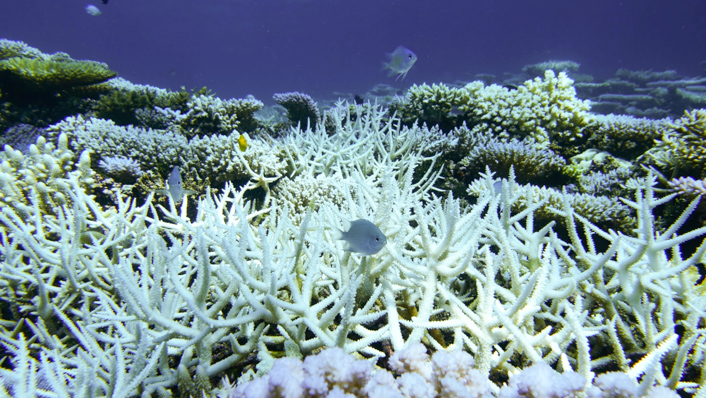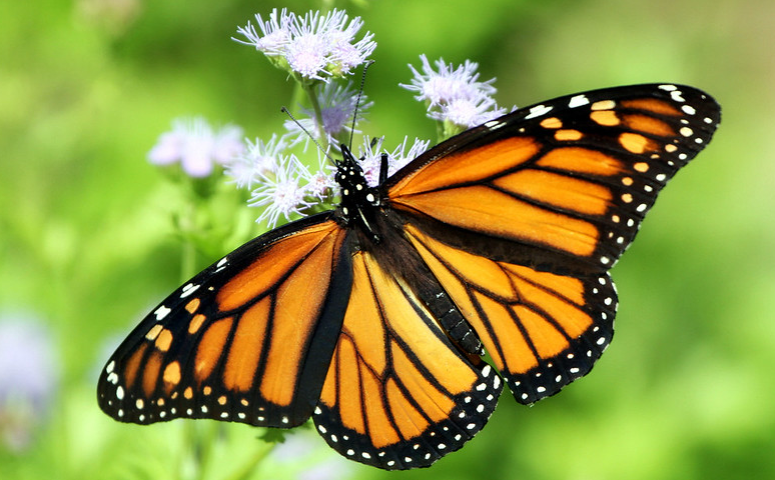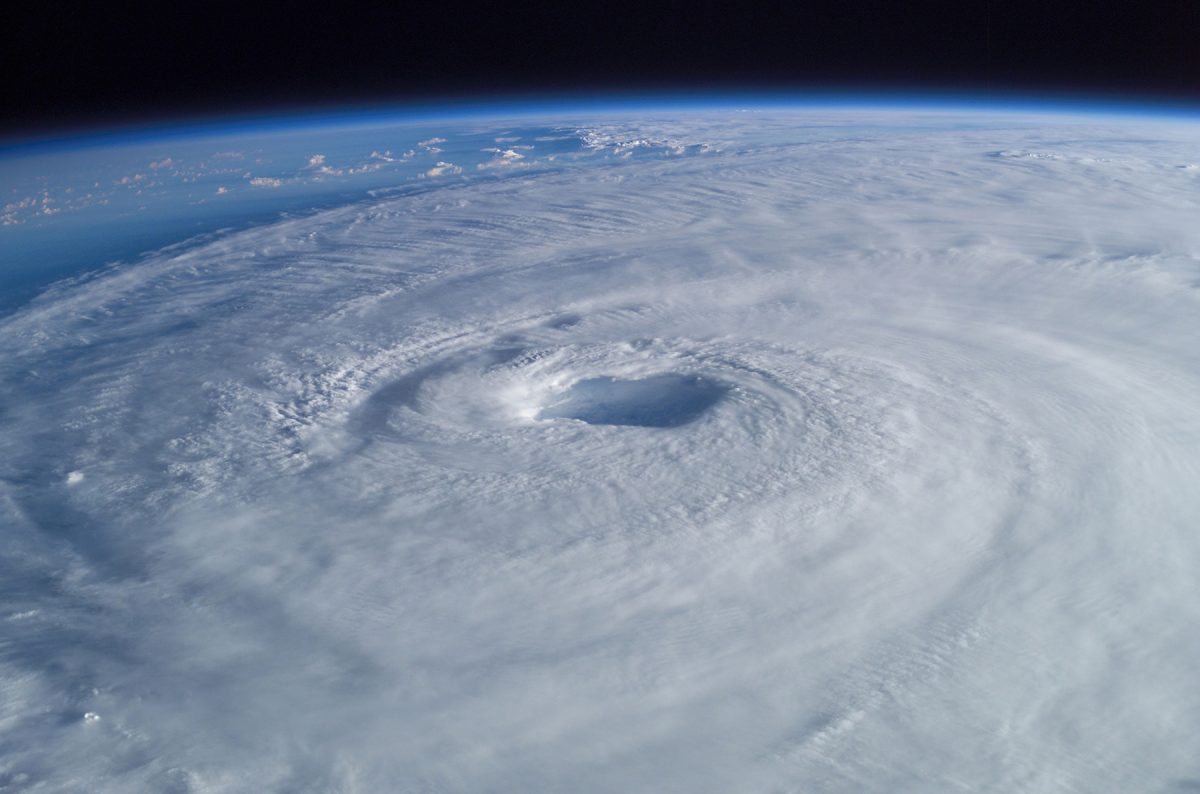Marine heat waves occur when temperatures are warmer than 90% of the previous observations for a given time of year. These heat waves normally last days but can prolonged for weeks or sometimes months. Higher temperatures in the ocean cause tropical storms, such as hurricanes and cyclones. These are mostly seen in Florida, along the Gulf of Mexico, and other warm coasts worldwide. This is a very catastrophic event, which will be costly in life and money. Not only do these heat waves contribute to these storms, but they also directly affect the economy and marine life itself.
One of the more easily noticeable effects in the oceans is in coral reefs. When the temperatures get too high, the algae breaks down much easier, leaving the coral bleached and starving. Coral reefs are incredibly important in many marine ecosystems, for they shelter fish, clean the water, and provide breeding grounds for algae, which other fish also eat. Not only do coral reefs benefit the ocean, but they also provide an economic boost to places lucky enough to have one. People will travel to explore and swim in and around the reefs, providing the places around them with customers. Coral reefs also help to protect coastlines by allowing a wall of sorts to prevent flooding, large waves, and erosion, so it is important to do all we can as humans to protect them.
An easy way to protect coral reefs in particular is to avoid touching them if snorkeling near them. Be careful with sunblock near the coral, as certain ingredients can kill them. And, as always it’s important to recycle as much as possible so it doesn’t end up in the ocean. This may not help with the overall heat waves, but will greatly help protect the coral reefs.
Another highly unfortunate side effect of heat waves has to do with whales. Due to the heat waves, whales, mainly humpback, are traveling very close to the shore. This is dangerous for both the whales and any passerby who may be swimming near one of these massive mammals. There are many other animals who are on the move in the ocean because the heat waves have disrupted their habitats. Great White Sharks are sadly becoming a great example of this. While they normally stay in international waters, they have been slowly migrating into U.S. waters since 2015. This doesn’t only affect the Sharks, but also greatly affects the animals they prey on.
There are many ways one could help reduce the amount of heat waves that happen in the ocean. For example, the biggest problem is the amount of greenhouse gases currently in the atmosphere. It would be extremely helpful to cut back on the amount of carbon one releases in any way possible. Like walking to places that are close instead of driving, or carpooling so there are fewer cars on the road. These are simple solutions but could mean a world of change.
For damaged marine ecosystems, there are many ways we, as humans, can help restore as much as we can. So joining these programs or donating to these organizations are very helpful and a good way to show support.












